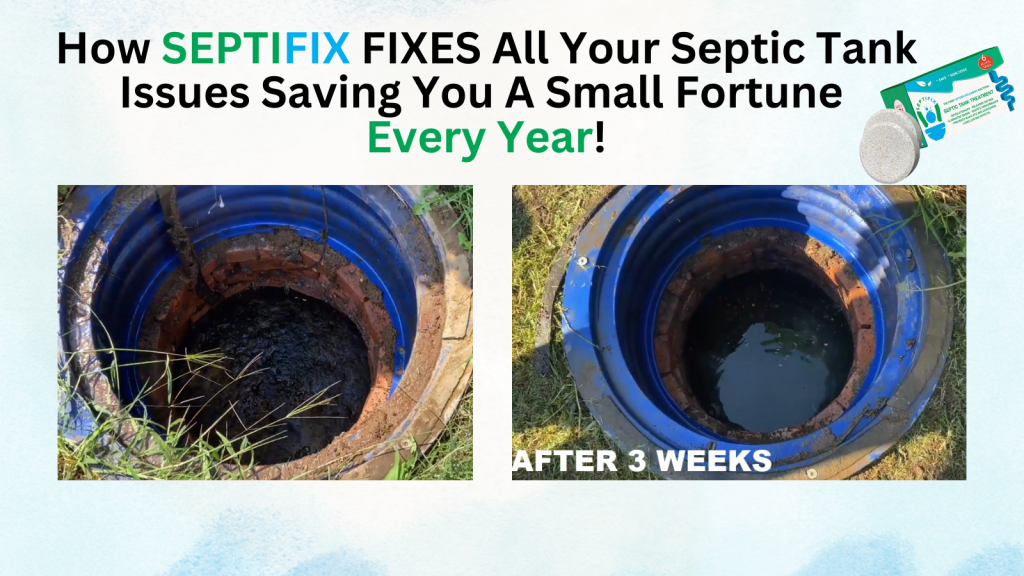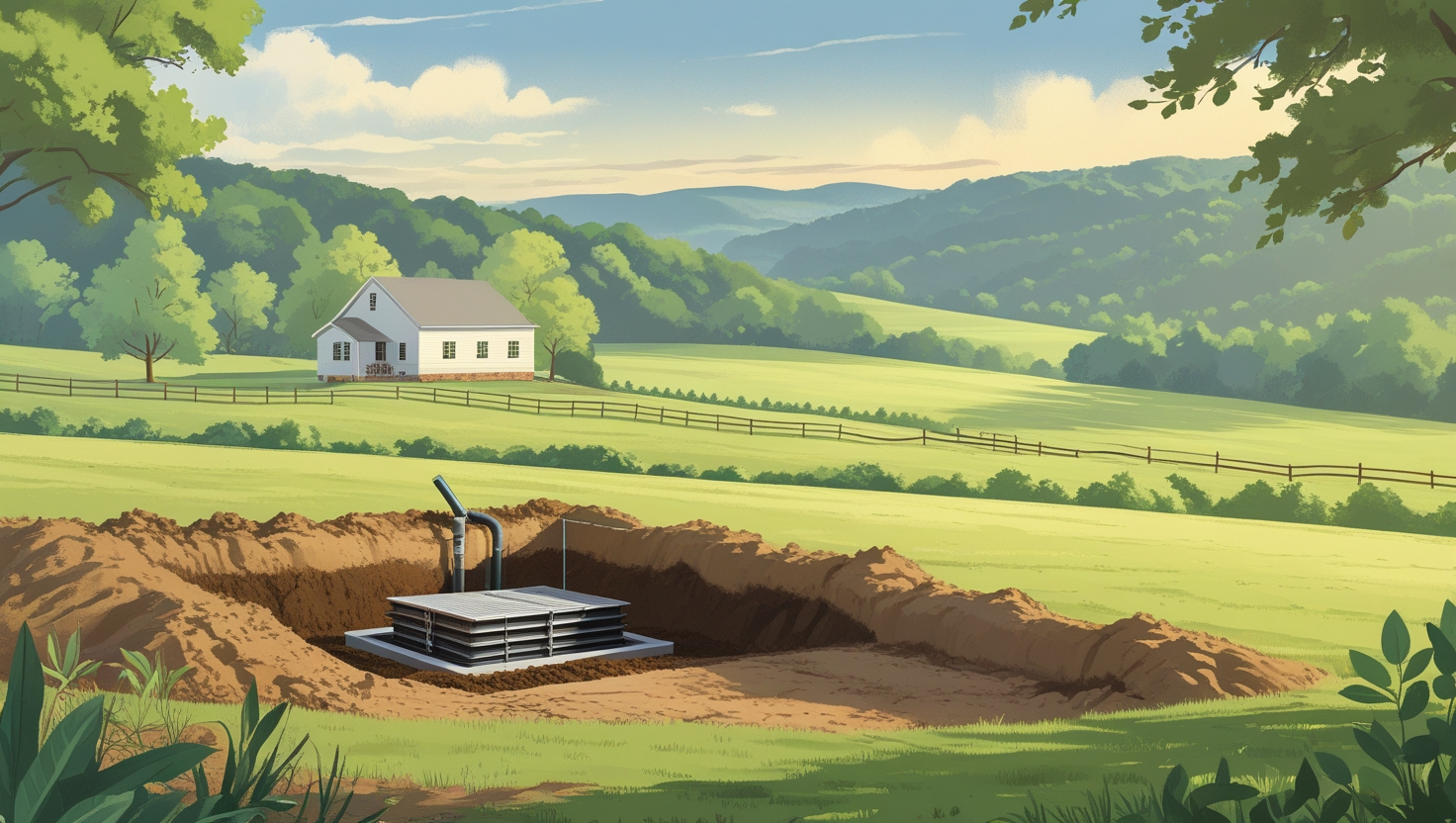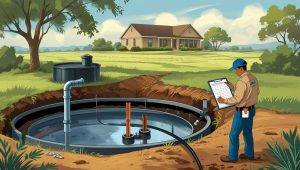If you’re building a home in a rural area or off-grid property, you’re likely wondering: can I install my own septic system in Tennessee? The short answer is yes—but there are important rules to follow. Septic systems, also referred to as onsite wastewater treatment systems, are vital for properties without access to municipal sewage. Installing one yourself can save money, but only if done correctly and legally.
This guide will walk you through the process, from permits and regulations to system design and final inspections. You’ll also discover common mistakes to avoid and tips for making your project successful.
Table of Content
- Understanding Septic Systems in Tennessee
- Tennessee Laws and Regulations for Septic Installation
- Can a Homeowner Legally Install Their Own Septic System?
- Step-by-Step Process for DIY Septic System Installation in Tennessee
- Tools, Equipment, and Knowledge You’ll Need
- Common Mistakes to Avoid
- Pros and Cons of Installing Your Own System
- Local Terms You Might Hear for Septic Systems
- Helpful Contacts and Resources
- Septifix
- Septic Permit Links by State
Understanding Septic Systems in Tennessee
A septic system is an underground wastewater treatment structure, commonly used in areas that lack centralized sewer systems. In Tennessee, you may also hear people refer to them as onsite sewage systems, leach field systems, or drainfield systems.
The basic components include a septic tank that separates solids from liquids and a drainfield (also called a leach bed) that disperses the treated water back into the ground. Tennessee homeowners commonly install conventional systems, although alternative and mound systems are options depending on soil conditions.
Article: New Tennessee Septic Tank Laws: What Homeowners Must Know
Tennessee Laws and Regulations for Septic Installation
Septic system installation in Tennessee is regulated by the Tennessee Department of Environment & Conservation (TDEC). Their Division of Water Resources oversees system permits, design approvals, and inspections.
Before installing any system, you must:
- Obtain a site evaluation
- Submit a permit application
- Follow state-approved design plans
- Pass a final inspection
While Tennessee allows homeowners to install systems on their own property under certain conditions, all work must comply with TDEC standards. You can find official guidance and applications on TDEC’s septic system page.
Can a Homeowner Legally Install Their Own Septic System?
Yes, you can install your own septic system in Tennessee—if it’s for your primary residence. This is allowed under Tennessee Code 68-221-403, but it comes with strict requirements.
You must:
- Own and reside on the property
- Submit all necessary applications
- Comply with design and site evaluation requirements
- Be present for inspections by TDEC
Homeowners cannot install systems on rental or investment properties without hiring a licensed installer. Even on your own property, you may need a licensed contractor to perform parts of the job, such as electrical connections for pumps in advanced treatment systems.
Step-by-Step Process for DIY Septic System Installation in Tennessee
1. Soil Percolation Test
First, request a soil percolation test, often called a “perc test.” This test evaluates how quickly water drains through your soil. A licensed soil consultant or TDEC specialist will conduct it.
2. Submit a Permit Application
Next, file a permit application with your regional TDEC office. The application includes a site plan, perc test results, and a proposed design. A permit must be approved before you begin any excavation.
3. System Design and Approval
Your system must follow state design standards. Depending on your soil, you may need a conventional gravity-fed system or an alternative design. Homeowners often consult with licensed septic designers to ensure the layout meets state rules.
4. Installation
Once approved, you can begin excavation and system installation. You’ll need tools like trenchers, tanks, pipe fittings, and inspection ports. It’s essential to follow the approved plan exactly.
5. Final Inspection
After installation, TDEC will conduct a final inspection. If everything meets code, the system is approved for use. If not, you’ll need to correct issues before the system can operate.
Tools, Equipment, and Knowledge You’ll Need
Installing a septic system requires:
- Excavation equipment (backhoe or trencher)
- Leveling tools and gravel
- A state-approved septic tank and piping
- Knowledge of water flow, grades, and system venting
Experience reading site plans and construction drawings is a huge advantage. Even a minor error in slope or pipe placement can cause system failure.
Common Mistakes to Avoid
- Skipping the soil test
- Installing a tank that’s too small
- Disregarding setback distances from wells and property lines
- Failing to document your work for inspections
Another big mistake? Assuming that just because you can do it yourself, you should. Mistakes can cost thousands to fix—and lead to environmental damage or health hazards.
Pros and Cons of Installing Your Own System
Pros:
- Save $5,000–$10,000 in labor
- Learn valuable skills
- Complete control over the process
Cons:
- Risk of costly errors
- Time-consuming permits and inspections
- Difficult resale if the system isn’t documented or permitted properly
Local Terms You Might Hear for Septic Systems
In Tennessee and neighboring states, people use various terms when referring to septic systems. These include:
- “Onsite wastewater treatment system”
- “Septic sewage setup”
- “Leach bed system”
- “Private sewage disposal” These local phrases may appear in county forms or inspections, so it’s helpful to be familiar with them.
Helpful Contacts and Resources
Here are some valuable links and contacts to get started:
- Tennessee Department of Environment & Conservation (TDEC):
Septic System Info - Tennessee Onsite Wastewater Association (TOWA):
A resource for local septic professionals and regulations.
Visit TOWA - Licensed Soil Consultants:
You can find a list through your local TDEC office.
Conclusion
So, can you install your own septic system in Tennessee? Yes—if you’re the property owner and follow the proper steps. You’ll need a soil evaluation, a TDEC permit, and an approved design. The process isn’t simple, but for the right homeowner, it can be a cost-effective project.
Septifix









